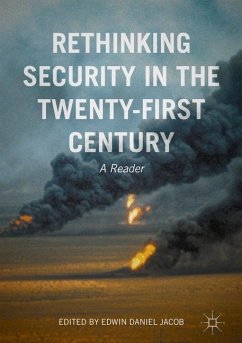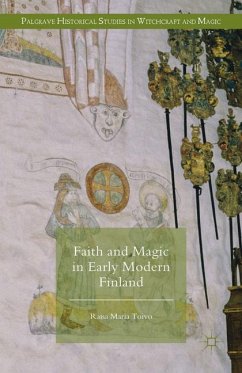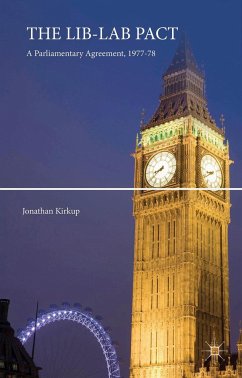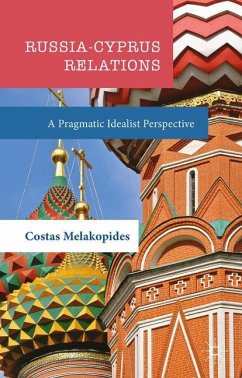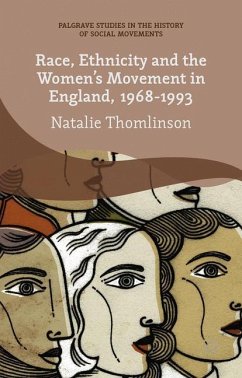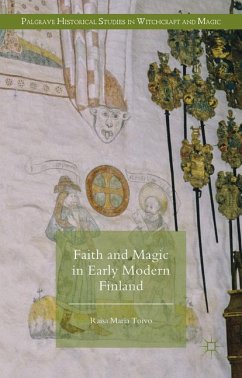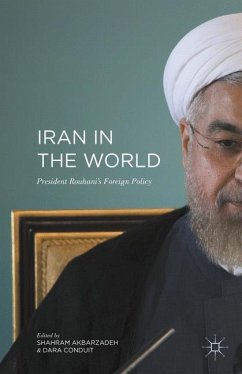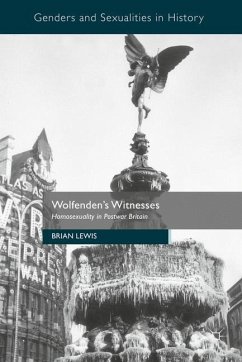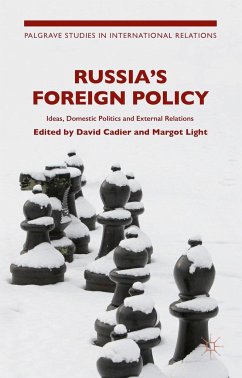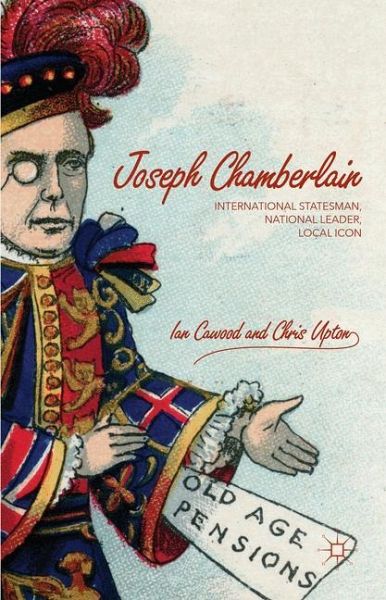
Joseph Chamberlain
International Statesman, National Leader, Local Icon
Herausgegeben: Cawood, I.; Upton, C.
Versandkostenfrei!
Versandfertig in 6-10 Tagen
38,99 €
inkl. MwSt.

PAYBACK Punkte
19 °P sammeln!
Winston Churchill described Joseph Chamberlain as 'the man who made the weather' for twenty years in British politics between the 1880s and the 1900s. This volume contains contributions on every aspect of Chamberlain's career, including international and cultural perspectives hitherto ignored by his many biographers. It breaks his career into three aspects: his career as an international statesman, defender of British interests and champion of imperial federation; his role as a national leader, opposing Gladstone's crusade for Irish home rule by forming an alliance with the Conservatives, camp...
Winston Churchill described Joseph Chamberlain as 'the man who made the weather' for twenty years in British politics between the 1880s and the 1900s. This volume contains contributions on every aspect of Chamberlain's career, including international and cultural perspectives hitherto ignored by his many biographers. It breaks his career into three aspects: his career as an international statesman, defender of British interests and champion of imperial federation; his role as a national leader, opposing Gladstone's crusade for Irish home rule by forming an alliance with the Conservatives, campaigning for social reform and finally advocating a protectionist economic policy to promote British business; and the aspect for which he is still celebrated in his adopted city, as the provider of sanitation, gas lighting, clean water and cultural achievement for Birmingham - a model of civic regeneration that still inspires modern politicians such as Michael Heseltine, Tristram Hunt and DavidWilletts.



